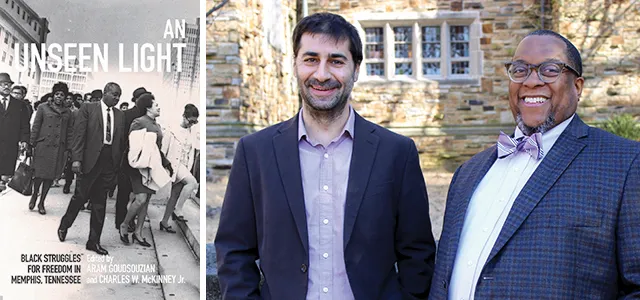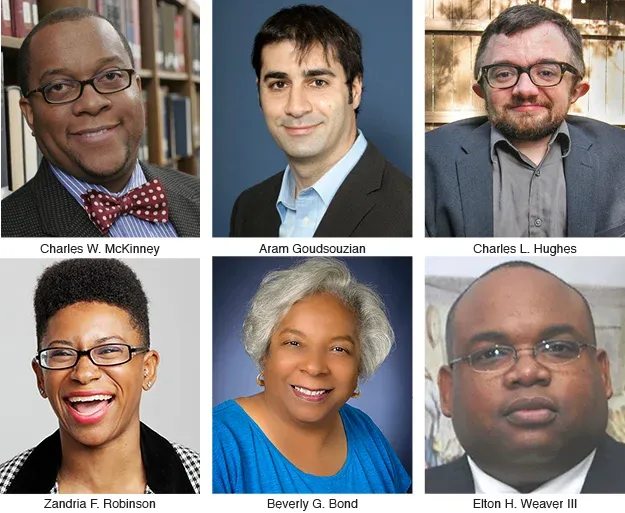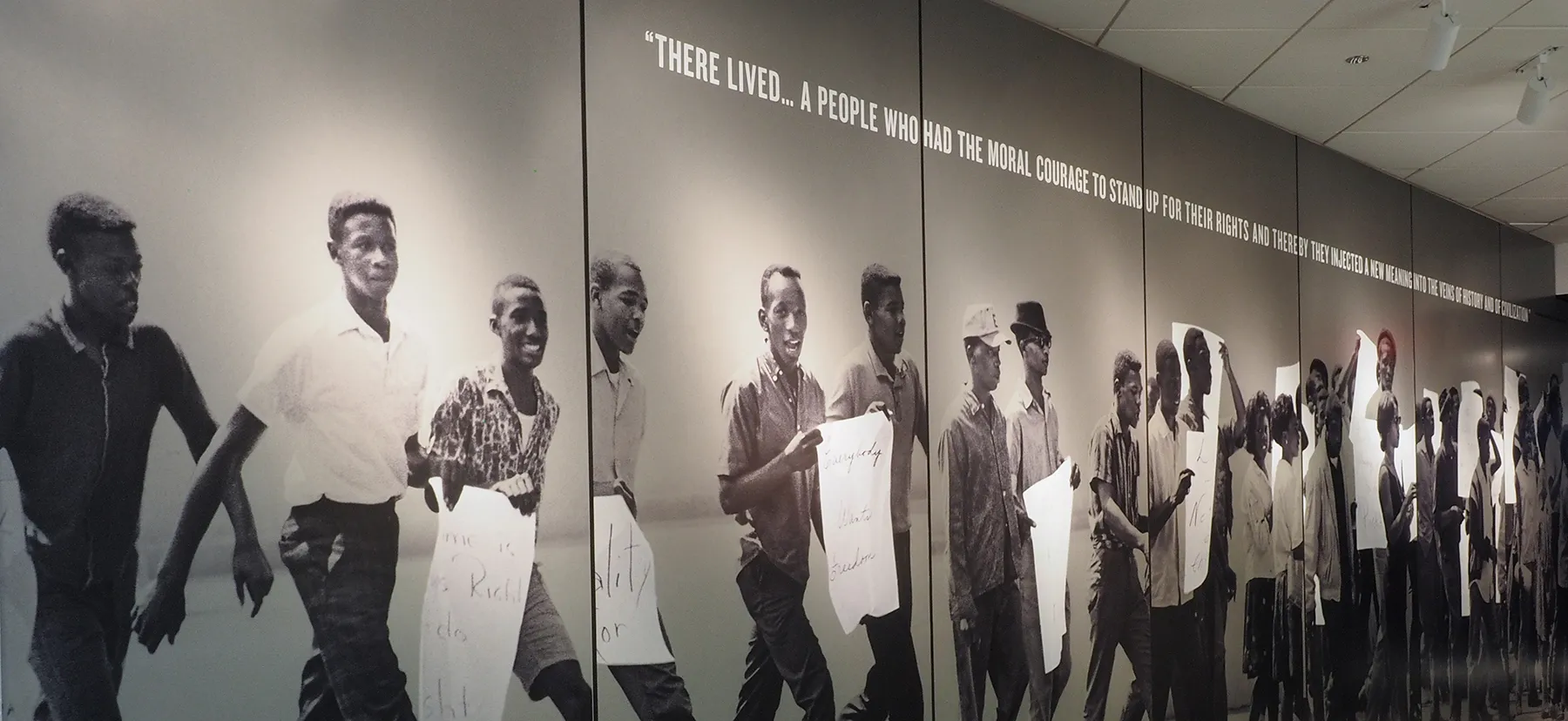
An Unseen Light
Black Struggles for Freedom in Memphis, Tennessee
During the second half of the nineteenth century, Memphis, Tennessee, had the largest metropolitan population of African Americans in the Mid-South region and served as a political hub for civic organizations and grassroots movements. On April 4, 1968, the city found itself at the epicenter of the civil rights movement when Dr. Martin Luther King Jr. was assassinated at the Lorraine Motel. Nevertheless, despite the many significant events that took place in the city and its citizens’ many contributions to the black freedom struggle, Memphis has been largely overlooked by historians of the civil rights movement.
In An Unseen Light, eminent and rising scholars offer a multidisciplinary examination of Memphis’s role in African American history during the twentieth century. Together, they investigate episodes such as the 1940 “Reign of Terror” when black Memphians experienced a prolonged campaign of harassment, mass arrests, and violence at the hands of police. They also examine topics including the relationship between the labor and civil rights movements, the fight for economic advancement in black communities, and the impact of music on the city’s culture. Covering subjects as diverse as politics, sports, music, activism, and religion, An Unseen Light illuminates Memphis’ place in the long history of the struggle for African American freedom.
Click to read the book review in Chapter 16, a Tennessee literary journal.
The editors of the volume, Aram Goudsouzian and Charles McKinney, will discuss how An Unseen Light illuminates Memphis’s place in the long history of the struggle for African American freedom. They will be joined by four of the authors: Beverly Bond, Charles Hughes, Zandria Robinson, and Elton Weaver.

- Charles McKinney – Neville Frierson Bryan Chair of Africana Studies and Associate Professor of History Rhodes College
- Aram Goudsouzian – Department Chair of History at University of Memphis
- Charles Hughes – Director of the Lynne and Henry Turley Memphis Center at Rhodes College
- Zandria Robinson – Assistant Professor of Sociology at Rhodes College
- Beverly Bond – Associate Professor of History at University of Memphis
- Elton Weaver – Associate Professor of History at LeMoyne-Owen College
